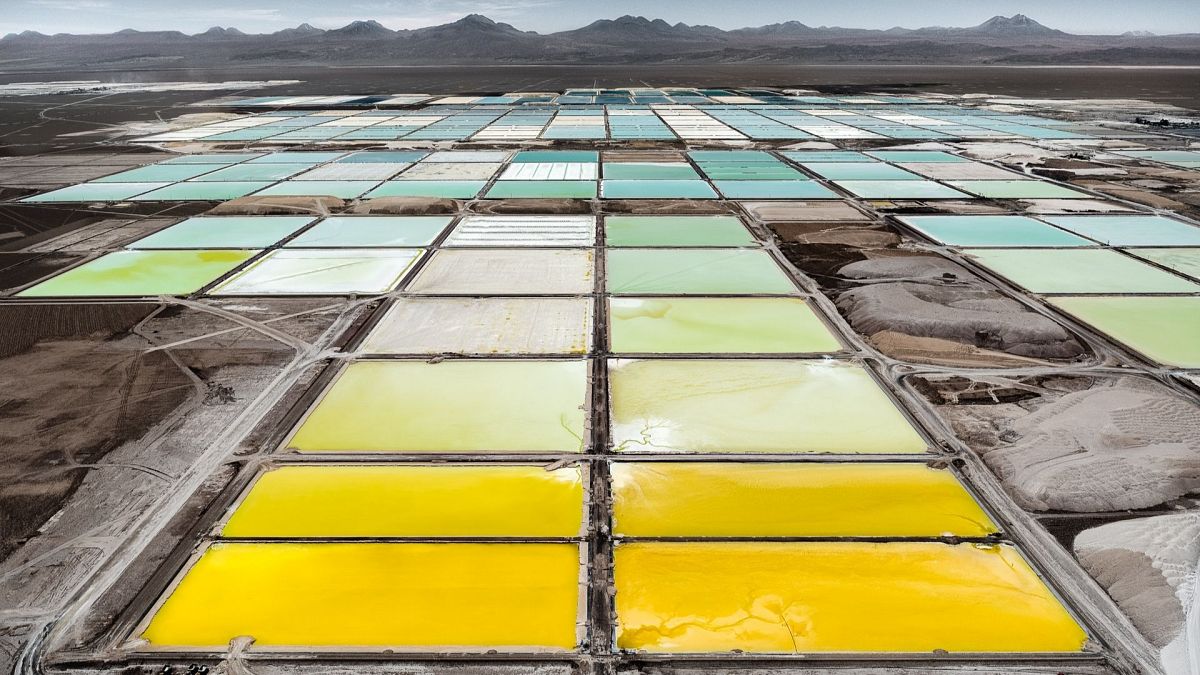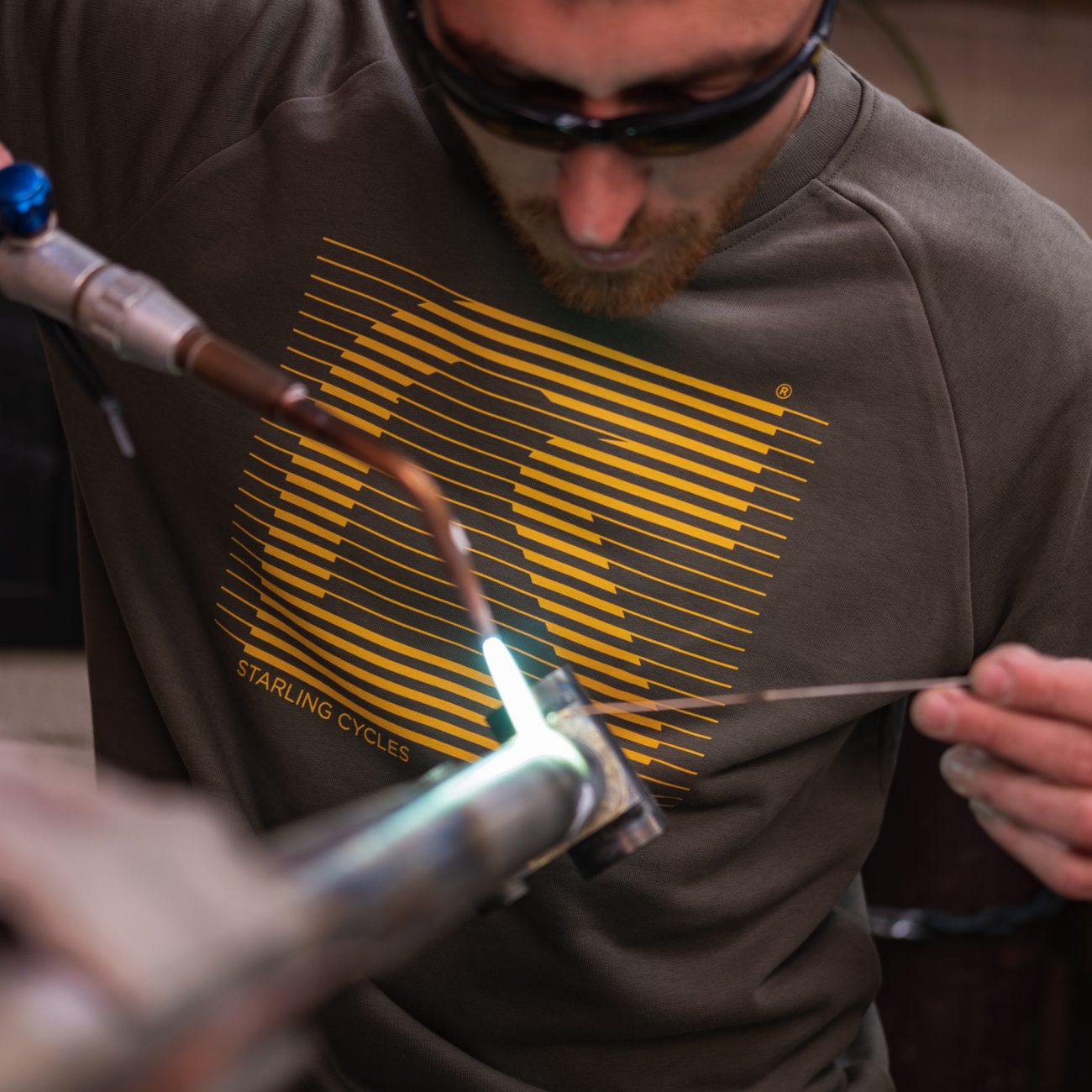2manyoranges
Senior Retro Guru
- Feedback
- View
Actually it’s true. I do eat an additional cheese sandwich when I ride to work. Drat. I still hate ebikes hassling me on inclined singetrack though…(see earlier post)….
This is very interesting addition to the discussion….

 www.bikeradar.com
www.bikeradar.com
I worry about what I hear about lithium extraction and refinement:

 www.euronews.com
www.euronews.com
This is very interesting addition to the discussion….

How green is cycling? Riding, walking, ebikes and driving ranked
Could cycling help tackle the climate crisis?
I worry about what I hear about lithium extraction and refinement:

South America's 'lithium fields' reveal the dark side of electric cars
Demand for lithium-ion batteries is unprecedented - but is mining the chemical harmful to the environment?
Last edited:


